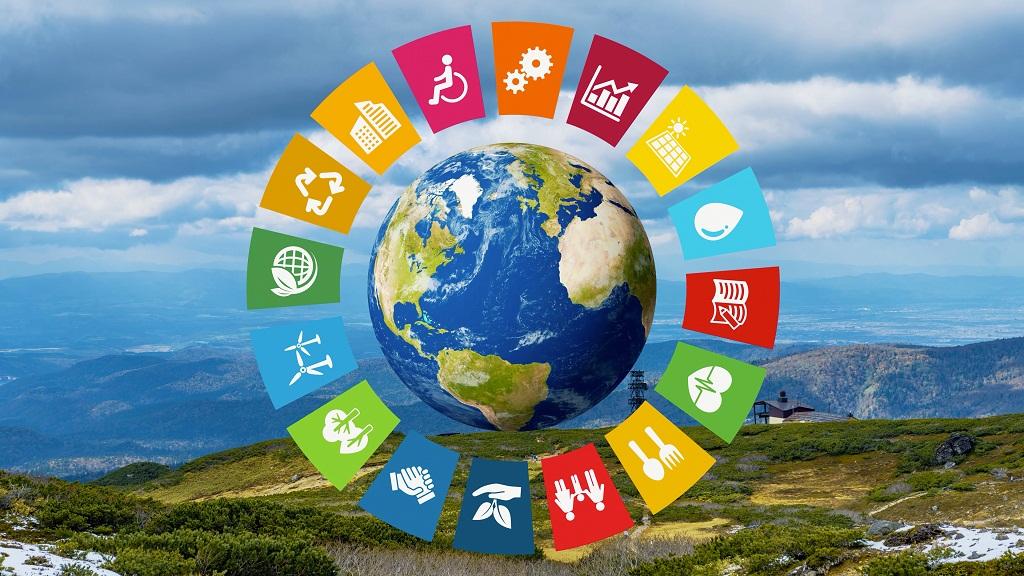

Thirty per cent of the SDGs are worse now than eight years ago



It’s the midpoint of Agenda 2030 for sustainable development, but we seem not to have progressed since it was adopted by the United Nations in 2015.
The midterm assessment of the progress made on the sustainable development goals (SDG) was carried out in the 2023 SDG Summit, which took place on September 18-19, 2023, in New York.
The commitments made by world leaders in 2015 to take us on a path of sustainable development are failing. The United Nation’s own estimate suggests that only 12 per cent of the targets are currently on track. Thirty per cent of the SDGs are worse now than eight years ago.
At this juncture, 2,045 activists from 145 countries joined physically and virtually in the Global People’s Assembly, organised by 64 civil society organisation networks, coordinated by Global Call to Action Against Poverty (GCAP).
The meeting, held in New York from September 17-18, 2023, discussed the issues the world is grappling with and devised a roadmap for achieving SDGs.
Our world is full of contradictions — there is enough food to feed everyone on the planet, yet over 820 million people, roughly one in ten people on Earth, are going hungry. Nearly 860 million belong to the extreme poor category. Oxfam’s 2023 report, Survival of the Richest, suggested that the richest 1 per cent has bagged twice as much wealth as the rest during the pandemic.
The causes of poverty and inequality are systemic and deliberate. The economic structure is heavily tilted towards the benefit of the rich and the social structures further push the people from the marginalised communities into despair, discrimination and indignity. The groups that traditionally faced exclusion and discrimination are women, communities discriminated by work and descent (CDWD), indigenous communities, persons with disabilities, the old and the LGBTQI+, among others.
Inequality is also sabotaging democracy. The corporates have money to buy the politicians and the governments. And any voice against land and resource grabbing by the corporate is being throttled by the governments. The welfarist nature of the state is fast dwindling. It’s all about corporate growth.
Too many governments are choosing to crack down on their people’s and civil society’s rights rather than bringing about meaningful change. Democracy is in real danger! The rise of elected autocrats in several countries is a new, perilous phenomenon. The political parties are dividing people in the name of religion, caste and race. They have been playing with their sentiments to return to power – majoritarianism is witnessed worldwide.
Another phenomenon that the global south is grappling with is the debt crisis. The debt crisis is killing the SDGs. Sixty countries are currently facing debt crises amid skyrocketing interest rates. Austerity programmes, which hit impoverished and marginalised communities hardest, have been implemented in many countries as they struggle to pay international debts.
Financial systems dominated by wealthy Western countries are not creating global prosperity. We need new solutions, starting with debt cancellation and new funding that enable communities to achieve the SDGs without creating new debt traps.
Climate change is another area of concern. There is no clear commitment to end the use of fossil fuels. Countries like the Philippines, Fiji and others are struggling to cope with the increasing disasters, including sea-level rise.
In all these, the poor and the marginalised have been the worst sufferers. The world can change for the better if leaders listen to people’s voices and concerns rather than racing to protect the interests of the affluent. The leaders must move beyond empty rhetoric and prioritise concrete actions to implement SDGs.
The state must reformulate the policies for a fairer distribution of wealth. Increasing the tax on the rich, imposing wealth tax, and investing in education, health and other social protection mechanism will reverse the unequal global order and lead towards egalitarianism.
Development and climate financing must be implemented in a manner that does not increase the debts of countries and communities struggling to achieve the SDGs.
The lobby of the fossil fuel industries with the governments has kept the world dependent on a failed energy system. Climate justice means an urgent fossil fuel phase-out. The rich countries responsible for the rise in global temperature have more responsibility to contribute to climate adaptation and mitigation measures. The world should adhere to sustainable production and consumption patterns.
Local participation and the inclusion of communities that have traditionally been left at the periphery, including indigenous groups, LGBTQI+, CDWD and people with disabilities, among others, is essential to any development effort.
Intimidation and silencing of key civil society voices are rendering sustainable development impossible. SDGs can be achieved if the voices of grassroots organisations and community leaders contribute to societal progress.
Views expressed are the author’s own and don’t necessarily reflect those of Down To Earth
We are a voice to you; you have been a support to us. Together we build journalism that is independent, credible and fearless. You can further help us by making a donation. This will mean a lot for our ability to bring you news, perspectives and analysis from the ground so that we can make change together.

Comments are moderated and will be published only after the site moderator’s approval. Please use a genuine email ID and provide your name. Selected comments may also be used in the ‘Letters’ section of the Down To Earth print edition.